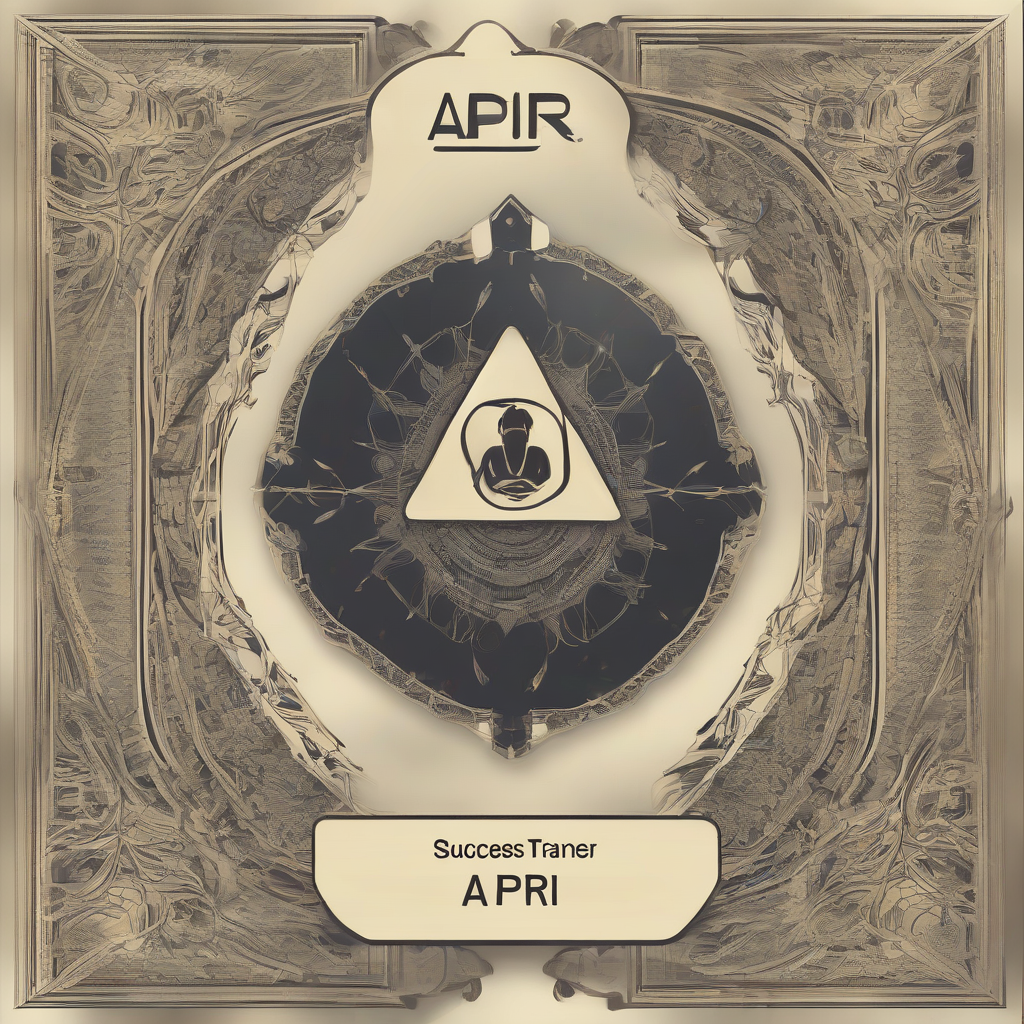Automotive CRM Companies: A Comprehensive Guide to Boosting Your Dealership's Success

Automotive CRM Companies: A Comprehensive Guide to Boosting Your Dealership's Success
Introduction
In today's fiercely competitive automotive industry, it's more crucial than ever for dealerships to build strong relationships with their customers and optimize their sales processes. This is where Automotive CRM (Customer Relationship Management) companies come into play, providing cutting-edge solutions to streamline operations, enhance customer satisfaction, and drive revenue growth.
What is Automotive CRM?
Automotive CRM refers to specialized software designed to manage customer interactions and data within the automotive industry. These platforms enable dealerships to centralize customer information, track interactions, automate tasks, and gain valuable insights into customer behavior, preferences, and buying patterns.
Benefits of Implementing Automotive CRM
- Enhanced Customer Experience: Automotive CRM systems empower dealerships to personalize interactions, provide tailored recommendations, and offer superior customer service, leading to increased customer satisfaction and loyalty.
- Streamlined Sales Processes: Automating tasks like lead management, follow-up, and appointment scheduling frees up valuable time for sales representatives, allowing them to focus on closing deals and building stronger customer relationships.
- Improved Efficiency and Productivity: By centralizing data and automating tasks, Automotive CRM systems optimize operational efficiency, reducing errors, improving communication, and enhancing overall productivity.
- Data-Driven Insights: CRM systems provide dealerships with real-time data and analytics, enabling them to identify trends, track key metrics, and make informed decisions to optimize marketing campaigns, sales strategies, and service offerings.
- Increased Profitability: By improving customer satisfaction, streamlining operations, and driving sales, Automotive CRM solutions contribute to significant revenue growth and improved profitability for dealerships.
Key Features of Automotive CRM Systems
- Customer Management: Centralized database to store and manage customer information, including contact details, purchase history, service records, and communication preferences.
- Lead Management: Tools to capture, qualify, nurture, and convert leads, allowing dealerships to effectively manage their sales pipeline.
- Sales Automation: Automated tasks such as email marketing, appointment scheduling, and follow-up reminders, freeing up time for sales representatives to focus on high-value activities.
- Service Management: Streamlined service scheduling, appointment reminders, and customer communication to enhance the service experience and drive repeat business.
- Marketing Automation: Targeted email campaigns, personalized offers, and automated marketing messages to engage customers and drive sales.
- Reporting and Analytics: Real-time dashboards and reporting tools to track key metrics, analyze customer behavior, and identify areas for improvement.
- Integration Capabilities: Seamless integration with other dealership systems, such as inventory management, accounting, and website platforms, to ensure a unified data ecosystem.
Types of Automotive CRM Companies
- General CRM Providers: Offer comprehensive CRM solutions that can be adapted to the automotive industry, but may lack specific automotive features and insights.
- Automotive-Specific CRM Providers: Offer specialized CRM solutions tailored to the unique needs and challenges of the automotive industry, providing industry-specific features and data.
- Dealer Management Systems (DMS) with CRM Capabilities: Integrated systems that combine dealership management functions with CRM features, offering a comprehensive solution for all aspects of dealership operations.
Choosing the Right Automotive CRM Company
Selecting the right Automotive CRM company is crucial for maximizing its benefits. Here are some key considerations:
- Industry Experience: Look for providers with proven experience in the automotive industry, understanding its specific challenges and requirements.
- Features and Functionality: Ensure the platform offers the specific features and functionalities needed to meet your dealership's unique needs.
- Integration Capabilities: Choose a CRM that integrates seamlessly with existing dealership systems to avoid data silos and streamline workflows.
- Scalability and Flexibility: Select a solution that can grow with your dealership and adapt to evolving business needs.
- Customer Support and Training: Ensure the provider offers comprehensive customer support, training resources, and ongoing guidance to maximize the CRM's value.
- Pricing and Value: Compare pricing plans, features, and value propositions to choose the most cost-effective solution that aligns with your budget and return on investment.
Top Automotive CRM Companies
General CRM Providers with Automotive Applications
- Salesforce
- Microsoft Dynamics 365
- Oracle Siebel
- SAP CRM
Automotive-Specific CRM Providers
- CDK Global
- Reynolds and Reynolds
- AutoTrader
- Cars.com
- DealerSocket
- ADP Dealer Services
- VinSolutions
- vAuto
Conclusion
Implementing an Automotive CRM solution is a strategic investment that can significantly enhance customer relationships, optimize sales processes, and drive revenue growth for dealerships. By carefully evaluating different CRM companies, selecting the right platform, and leveraging its functionalities, dealerships can gain a competitive edge in today's dynamic automotive landscape.
What's Your Reaction?
















